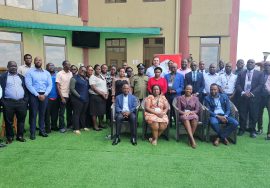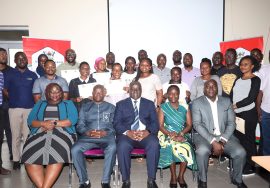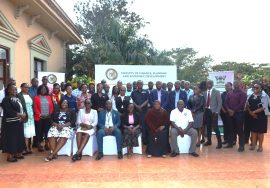
PIM Centre of Excellence Steering Committee Charts Way Forward
The Public Investment Management Centre of Excellence (PIM CoE) at Makerere University held its Steering Committee meeting on 4th September 2025 at Mestil Hotel in Kampala. The session, attended by all members, focused on reviewing progress, reflecting on achievements from the past financial year, and charting the way forward for the Centre.
About the PIM Centre of Excellence
The PIM CoE was established in March 2022 at Makerere University’s College of Business and Management Sciences (CoBAMS), in partnership with the Ministry of Finance, Planning and Economic Development (MoFPED). Its purpose is to strengthen Uganda’s public investment management system through training, research, and advisory services.
The Steering Committee plays a critical role in oversight, review, coordination, and advisory functions, guiding the Centre’s work and ensuring that public investment processes align with national development priorities.

Highlights from the Meeting
Speaking at the meeting, Dr. Joseph Muvawala, the Executive Director of the National Planning Authority, praised the October 2024 Annual PIM Conference for expanding perspectives on project design and delivery. He emphasized the importance of shifting from theory to practice in training, advocating for students and officials to engage with real-world projects. He also underscored the Centre’s new autonomy—transitioning from a subvention to a vote—which gives it greater independence but also demands stronger financial accountability. Dr. Muvawala further called for a permanent physical home for the Centre, noting that sufficient resources are available to make this possible and that negotiations with government are underway.
Mr. Ashaba Hannington, Director Budget at MoFPED, shared key achievements from the 2024/25 financial year. He noted that the Annual PIM Conference, organised jointly by MoFPED and the Centre, provided a vital platform for stakeholders to reflect on progress in public investment management.
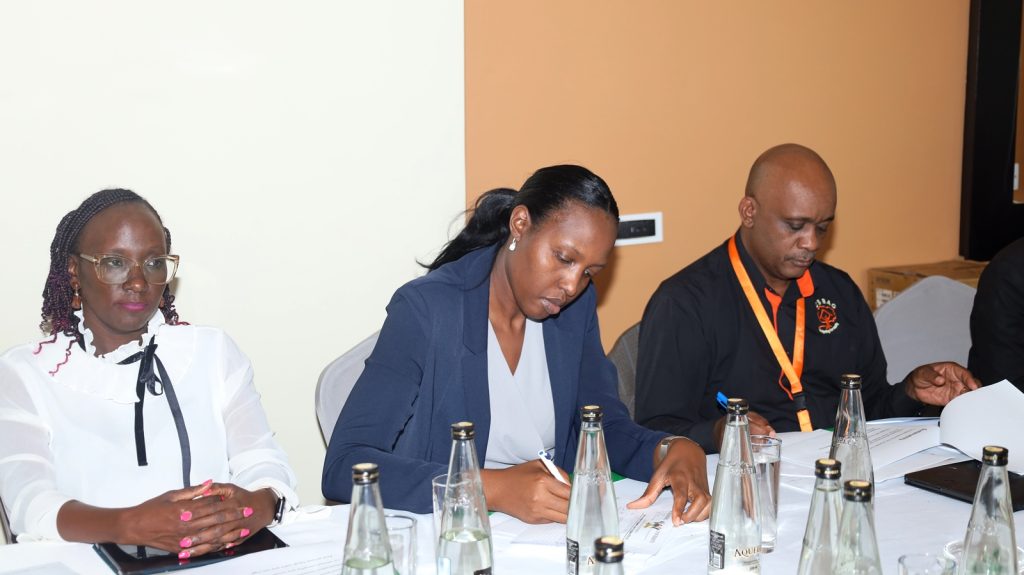
Mr. Ashaba reaffirmed MoFPED’s commitment to working closely with the Centre to strengthen Uganda’s public investment capacity.
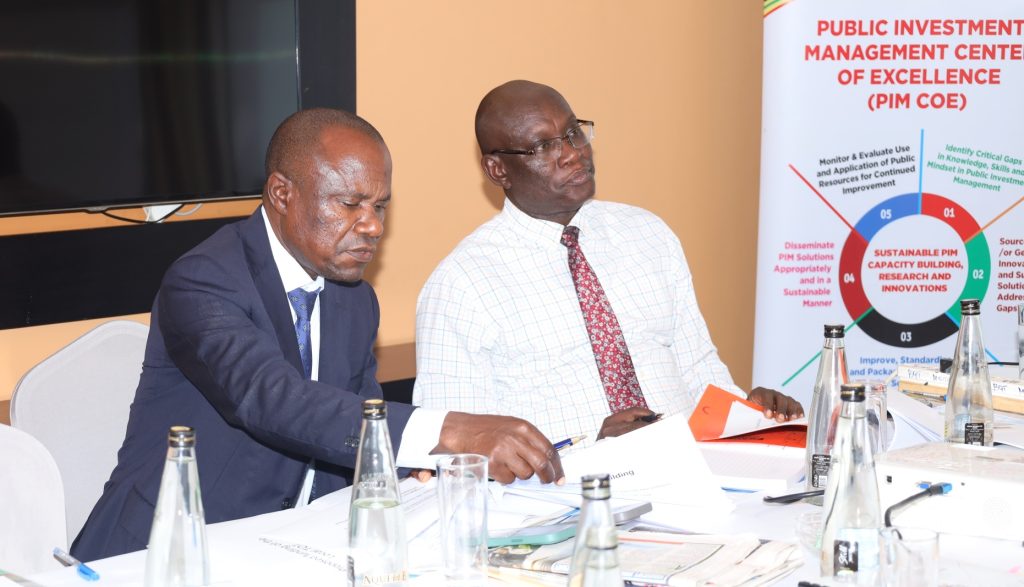
Prof. Eria Hisali, Co–Principal Investigator of the PIM CoE, outlined strategies to increase the Centre’s vibrancy and impact. He emphasized direct project engagement, advisory services, and peer reviews as ways to bridge the gap between theory and practice. Looking ahead, he revealed plans for a Master’s program in Economic and Investment Modelling, a Training of Trainers (ToT) initiative, and deeper practical capacity-building efforts.
Prof. Hisali also noted several successful trainings from the past year, including:
- 46 staff from MDAs trained in Essentials of PIM.
- 59 participants across two cohorts trained in Financial Appraisal and Risk Analysis.
- 25 participants trained in Economic Appraisal and Stakeholder Analysis.
He proposed the introduction of a “trailer feasibility test” to evaluate whether completed projects deliver benefits as projected and to address optimism bias in project planning.
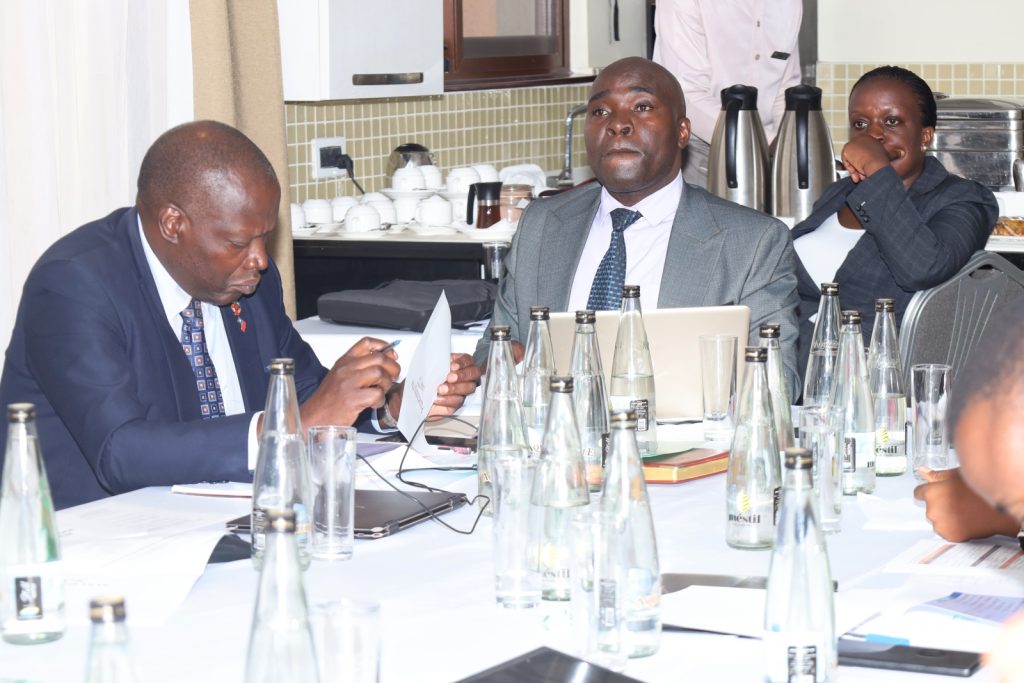
Dr. John Seruyange, Manager of the PIM CoE, highlighted the Centre’s growing regional footprint. Beyond Uganda, six central government officers from Somalia have been trained in Infrastructure Asset Management, generating further interest in advanced training from Somalia, Zimbabwe, and Somaliland. To position itself as a regional hub, the Centre is preparing a prospectus to market its courses across Africa and beyond.
Why It Matters
The Steering Committee reaffirmed its commitment to ensuring that the PIM CoE remains a leading think tank and capacity-building hub for government and regional partners. By improving the appraisal, financing, and implementation of public projects, the Centre is strengthening accountability, enhancing service delivery, and contributing to Uganda’s broader development goals.

